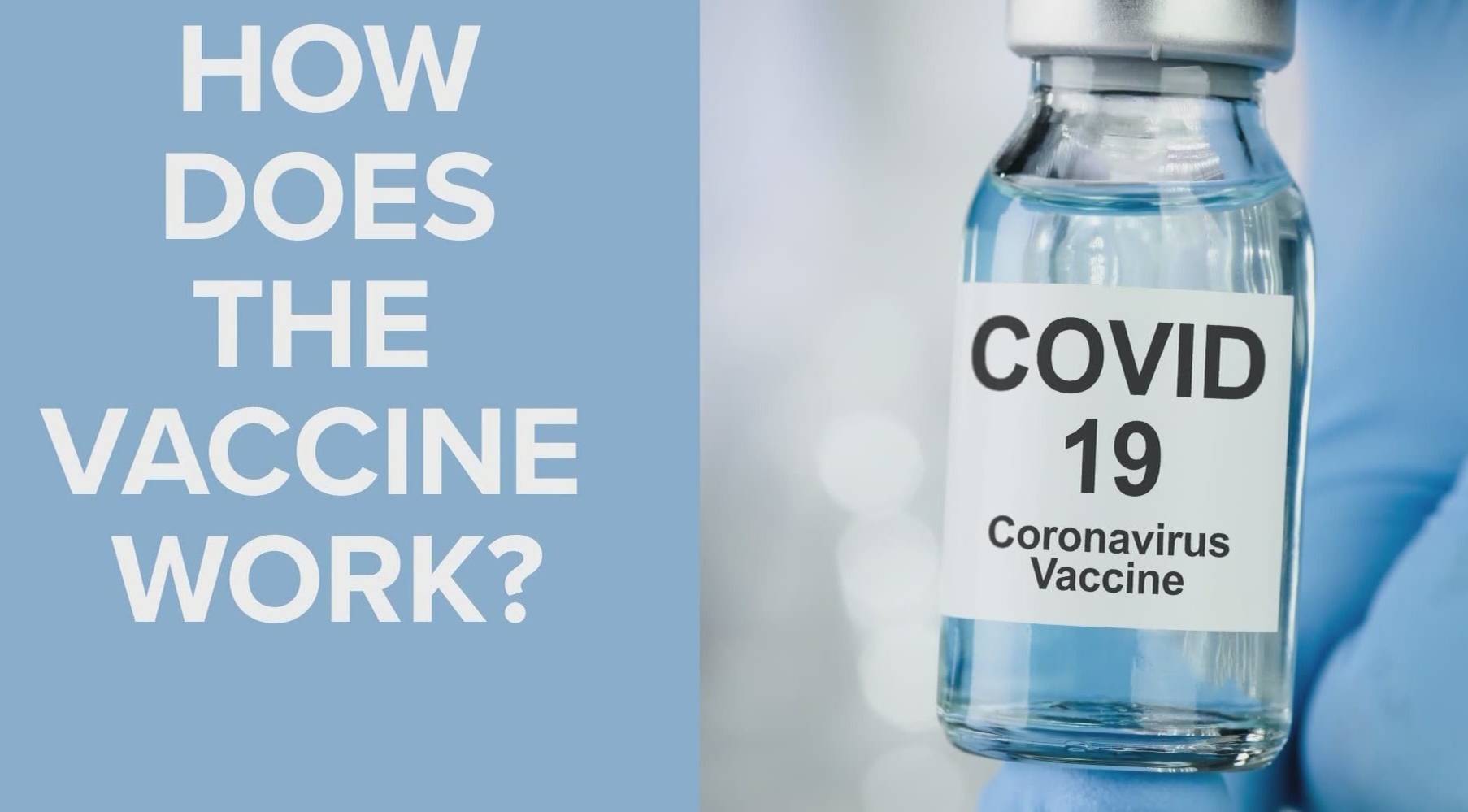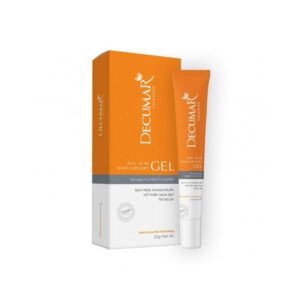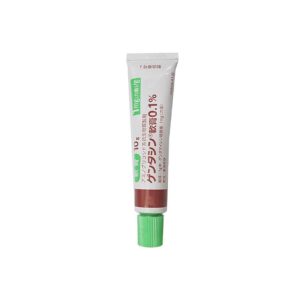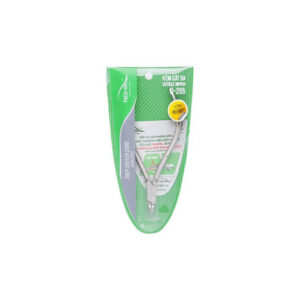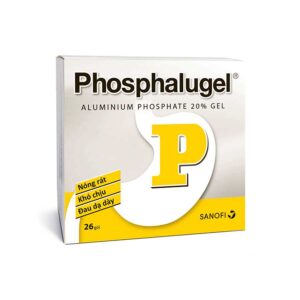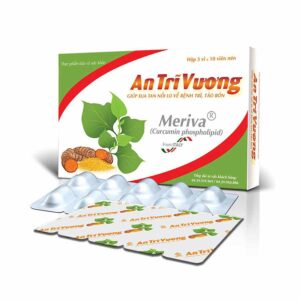In the face of a re-emergence of the disease in Vietnam, vaccination to create herd immunity is more urgent than ever. Let’s learn about the mechanism of action of the Covid-19 vaccine to be fully prepared before vaccination.
Covid-19 vaccine helps create antibodies
When pathogens like the COVID-19 virus attack our bodies, they multiply and cause disease. After the body is infected, the immune system remembers what it has learned about how to protect the body against that disease.
T lymphocytes are the “memory cells”. When the body encounters the same virus again, T lymphocytes immediately take action, and B lymphocytes help “create antibodies” – substances that fight the virus and protect the body.
However, thanks to vaccines, our bodies develop immunity against the virus that causes disease without getting infected. Vaccines teach the body to remember the causative agent and stimulate the production of antibodies to fight the virus in the future.
When does the Covid-19 vaccine take effect?
Usually a few weeks after vaccination, the body produces T lymphocytes and B lymphocytes. Therefore, there may be cases of people becoming infected with the virus that causes COVID-19 right before or after vaccination, and then later. Vaccine-induced infections have not had enough time to build up immunity.
Sometimes after vaccination, the process of creating immunity can cause symptoms such as fever. These symptoms are normal and are signs that the body is building immunity.
How many shots of Covid-19 vaccine are needed?
To be fully immunized, you will need one dose or two, depending on the COVID-19 vaccine.
-Two shots: If the COVID-19 vaccine requires 2 shots, you are considered fully vaccinated 2 weeks after the second shot.
-One shot: If the COVID-19 vaccine requires only 1 shot, the groin is considered fully vaccinated 2 weeks after vaccination.
If the injection is less than two weeks old or still needs a second dose, then the body is NOT fully immune.
Is the Covid-19 vaccine dangerous?
After each dose of vaccine, there may be some signs that the body is working to build a protective barrier against the virus. These side effects may affect your ability to perform daily activities, but should go away after a few days. In some people there are no side effects.
On the arm where the injection was given, you may experience the following symptoms:
- Pain
- Redness
- Swelling
Also possible fatigue, headache, muscle pain, chills, fever, nausea after injection.
For the 2-dose Covid-19 vaccine, side effects after the second injection may be more than the first. This is a normal sign of immunity building and should go away within a few days.
To reduce pain and discomfort at the injection site, you can apply a clean, cool, moist towel to the area or exercise your arm. In case of fever after injection, you should wear light clothes and drink plenty of water to reduce discomfort.
If the above symptoms do not go away after a few days, you should immediately go to the nearest medical facility for guidance.
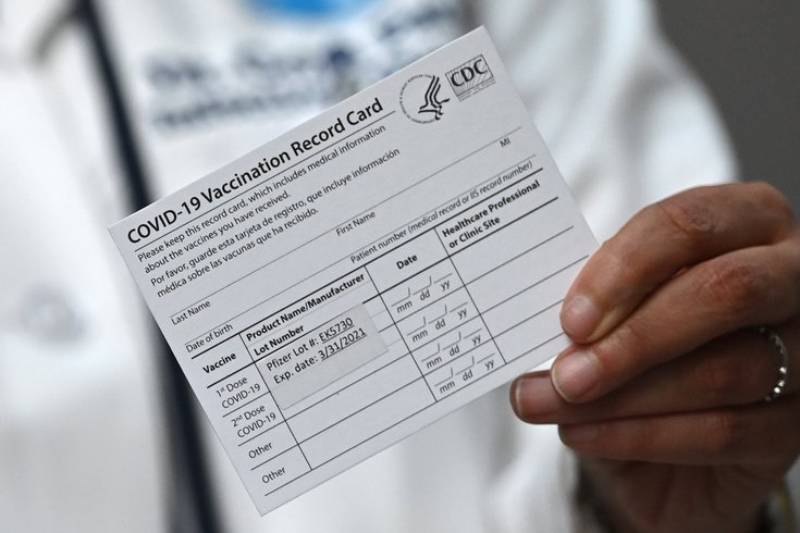
Anaphylaxis after vaccination against Covid-19
The rate of anaphylaxis after vaccination against Covid-19 is not high and depends on the type of vaccine.
To avoid an anaphylactic reaction when vaccinated, the person receiving the vaccine must cooperate well with the medical staff. The healthcare worker must ask the person giving the vaccine the screening questions before giving the injection. For example, do you have any allergies, eat seafood, have itching or not, have an acute illness or are being treated for any disease to see if it is compatible with this vaccine.
However, this screening cannot evaluate 100% because there are people who were previously very healthy, never had allergies to food, drugs, or vaccinations, but are still at risk of anaphylaxis when vaccinated.
Therefore, after the vaccination, the medical staff ask the vaccinated person to stay 30 minutes to 1 hour at that injection site so that if there is any problem, they can provide emergency assistance on the spot right away.
After 3 days of vaccination against Covid-19, if you have any unusual symptoms, you should return to the health facility and bring the vaccination certificate so that the medical staff can have the most appropriate treatment.
Until now, all over the world, there have been only scattered cases of strong anaphylactic reactions leading to too severe and incurable development. The vast majority of anaphylaxis cases are treatable.

